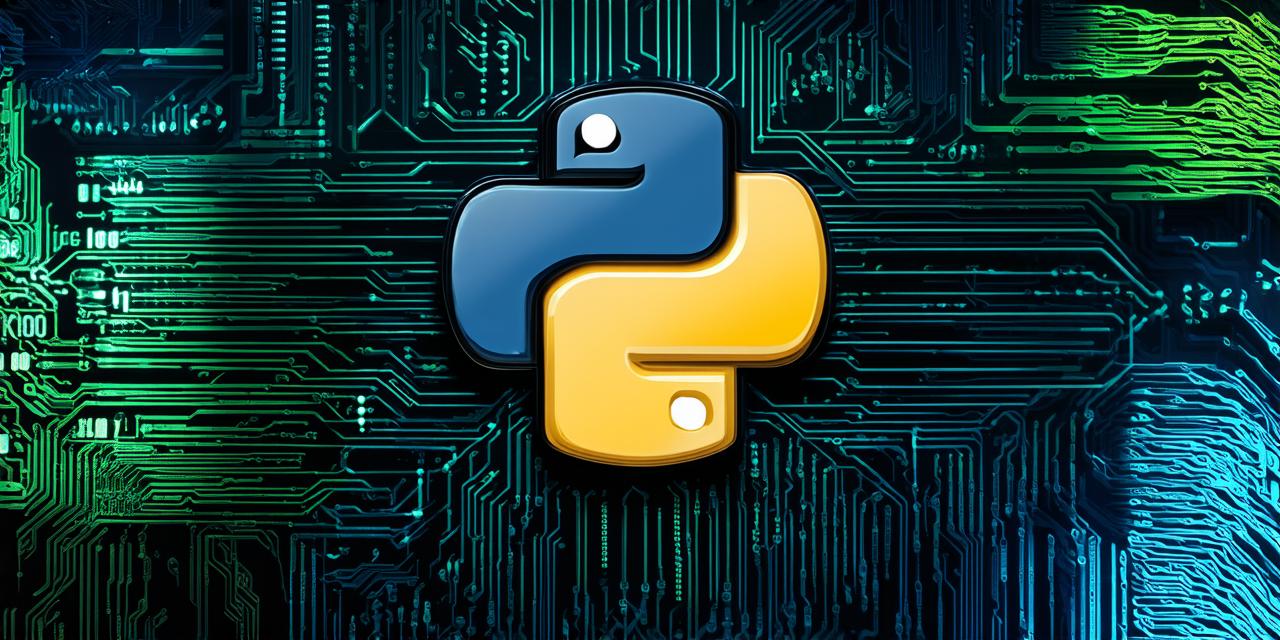Developing Applications Using Python: A Comprehensive Guide
Welcome, app developers! Today, we delve deeper into the dynamic world of application development using Python, focusing particularly on its web development capabilities. This versatile language has been a game-changer in numerous industries, and it’s high time you join the bandwagon.
Python’s simplicity is its USP. Unlike other languages that require intricate syntax, Python’s clean, readable code makes it a breeze for beginners to grasp. As a seasoned developer put it, “Python is like a Swiss Army knife – it has many tools, and you can use it in various situations.”
Web Frameworks are the backbone of Python’s web development prowess. Django and Flask are two popular frameworks that cater to diverse needs. Django, a high-level framework, is suitable for complex applications due to its built-in features like authentication, administration interface, and ORM (Object-Relational Mapping). On the other hand, Flask is a micro-framework that offers more flexibility and is ideal for smaller projects or prototyping.
Python’s versatility extends beyond web development. From data analysis with Pandas and NumPy, to machine learning with TensorFlow and Scikit-learn, Python offers a plethora of libraries that cater to diverse needs.
Let’s delve into a case study.
Consider Pinterest, the popular image-sharing platform. Initially developed using Django, it leveraged Python’s simplicity and versatility to create a user-friendly interface and handle vast amounts of data.
Python’s speed is another advantage. With libraries like NumPy and Cython, Python can perform tasks as fast as C or Fortran, making it a viable choice for high-performance applications. However, no tool is without its drawbacks. Python’s memory management can be less efficient compared to languages like C++ or Java. But fear not! With the advent of tools like PyPy and Numba, Python’s memory footprint is continually shrinking.
In conclusion, Python offers a unique blend of simplicity, versatility, speed, and community support that makes it an ideal choice for web application development. Whether you’re a beginner or a seasoned developer, Python promises to enrich your coding journey.
FAQs:
1. Is Python good for mobile app development?
While not traditionally used for mobile app development, Python can be used with frameworks like Kivy and BeeWare to create mobile apps. However, for native mobile apps, languages like Swift (for iOS) or Kotlin (for Android) are more suitable.
2. What are some popular Python libraries for web application development?
Apart from Django and Flask, other popular libraries include Pyramid, Web2py, Tornado, and Bottle.
3. Is Python slow compared to other languages?
With the right optimizations, Python can perform as fast as other languages like C or Fortran. However, for applications that require extreme speed, languages like C++ or Rust might be more suitable.
